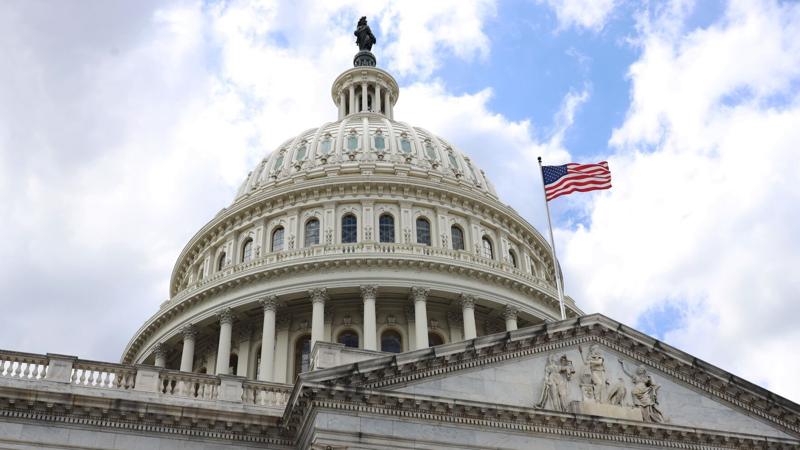A government watchdog is warning that the federal debt has reached $28.2 trillion, nearly 98% of the nation’s gross domestic product, and is projected to more than double in the coming decades without major policy changes.
These warnings come as President Donald Trump’s Department of Government Efficiency moves to cut funding for programs deemed wasteful.
The Government Accountability Office cautioned that unchecked spending could push public debt to 219% of GDP by 2051 and create a significant economic and national security risk.
“We project that public debt will reach an unprecedented level by 2027,” said Gene L. Dodaro, U.S. Comptroller General and head of the GAO. “We’re calling on Congress and the Administration to act now to develop and implement a strategy to address this acute challenge. Inaction could result in great difficulties for many Americans and impede policymakers’ flexibility to respond to future economic recessions or unexpected events.”
The GAO warning states that the U.S. debt is increasing faster than the economy is growing. For the past five years, the government has spent more than it collects, leading to annual deficits exceeding $1 trillion. GAO recommends that Congress create a plan to control spending, increase revenue and keep the government’s finances stable for the long term.
If the trend continues, the GAO warns that interest payments on the debt will surpass $1 trillion in 2025, meaning that the government will end up spending more just to pay off interest than it does on national defense or Medicare. The report stresses that mandatory programs such as Social Security and Medicare, combined with rising interest costs, are key drivers of long-term deficits.
GAO noted that without policy changes, the total debt will be twice the size of the economy by 2047, making it harder for the government to respond to crises, fund essential programs and keep borrowing costs low. This would also mean that Americans will see higher interest rates for individuals or businesses, making loans, mortgages, and everyday expenses more expensive, which could, in turn, slow down economic growth and strain household finances.
The average American will pay around $497,804 in taxes over their lifetime, accounting for 26.7% of their total earnings, according to a new study. This number highlights the increasing financial strain on taxpayers.
The Trump administration’s newly established Department of Government Efficiency, which Tesla CEO Elon Musk leads, has already begun efforts to reduce wasteful government spending.
Yesterday, DOGE stated on X that the department terminated 78 contracts across various sectors, including Diversity, Equity and Inclusion, media, and consulting, in cost-cutting measures. One of the canceled contracts involved “groundwater exploration and assessment in the Islamic Republic of Mauritania.” DOGE stated that these terminations saved about $110 million.
As previously reported by The Center Square, the department has been granted “read-only” access to the U.S. Treasury’s payment systems to identify and prevent improper payments, which the federal government reported reaching $161.8 billion in 2024 alone.
As the national debt continues to rise, DOGE’s cost-cutting efforts and fiscal reforms will determine whether the U.S. can regain its footing in its financial future.






